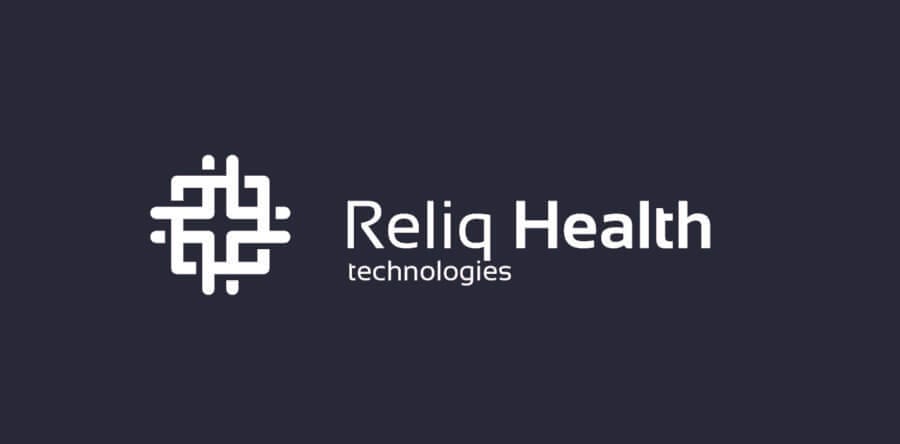Reliq Health Technologies (RHT.V) announced today a new contract with its first orthopedic practice in Texas and the expansion of its iUGO Care platform to allow orthopedic specialists to manage their chronic and post-op patients at home, according to a press release.
A majority of doctors and nurses reported feeling overwhelmed before the pandemic hit. Now that it’s here, work-exhaustion is compounded by fears of contact with the disease and spreading it to others. Telemedicine and telehealth apps like iUGO relieve some of that pressure by keeping patients out of doctor’s offices, letting healthcare practitioners allocate resources to those who need it most.
“As the vaccine rollout successfully proceeds in the United States, we are very pleased to see our clients moving forward with patient onboarding at a steadily increasing pace. Now that clinicians in the US are able to return their focus to proactive patient care, we’re experiencing significant new demand for deployment of our existing solutions as well as requests for new features. We are excited to launch our newest iUGO Care module, designed to support Orthopedic Specialists who want to monitor both their chronic patients (e.g. those living with rheumatoid arthritis, osteoarthritis, osteoporosis, etc.) and their post-operative patients at home,” said Dr. Lisa Crossley, CEO of Reliq Health Technologies.
Reliq is a global telemedicine company developing virtual care solutions for healthcare markets and they’re looking to address one of the major problems presently faced by the United States healthcare system and that’s how to provide care and monitoring for every patient in an overloaded system.
For example, chronic disease accounts for more than 80% of healthcare funding, and 37 million of medicare or medicaid recipients have two or more chronic conditions. The dollar amount associated is $2.9 trillion per year, or 18% of the United States GDP. Patients manage chronic conditions on their own at home, which can lead to complications, ER visits and re-admissions. Under half of chronic disease patients take their meds as prescribed, and who can blame them? They’re not exactly cheap.
Add COVID-19 to the mix where every trip to the doctor’s office or emergency room runs the risk of being a superspreader event, and there’s small wonder few in the United States trust their medical system—even if they’re covered.
Reliq’s iUGO Care platform eliminates the need to leave the house during the pandemic by giving doctors access to remote patient monitoring data, which can be used to prevent hospital admissions and ER visits. The average clinical practice can collect USD$315 per patient per month in payments from CMS by using iUGO Care, while reducing hospital admissions by 90% in chronic disease patients, and reducing the overall average cost to the healthcare system by more than $4,000 per patient per year from over $20,000.
So telemedicine apps have some utility, especially given the pandemic.
Now let’s talk about Texas specifically. There are 5.7 million arthritis sufferers in the state alone, according to the CDC. This represents a respectably sized target market for Reliq. There they can use iUGO Care to provide remote patient monitoring, chronic care management, principle care management and behavioural health integration services to chronic orthopedic patients and help raise the percentage of people who take their meds regularly. Also they can provide benefits with physiotherapy exercises and reduce the depression and anxiety commonly seen in chronic pain patients.
Orthopedic practices can bring in $500,000 per year n new billings by providing services to their patients. Reliq anticipates onboarding orthopedic patients starting in this month, with revenues beginning at $50 per patient per month.

Reliq’s shares have been flat on the news so far today, and are trading at $0.65.
—Joseph Morton





